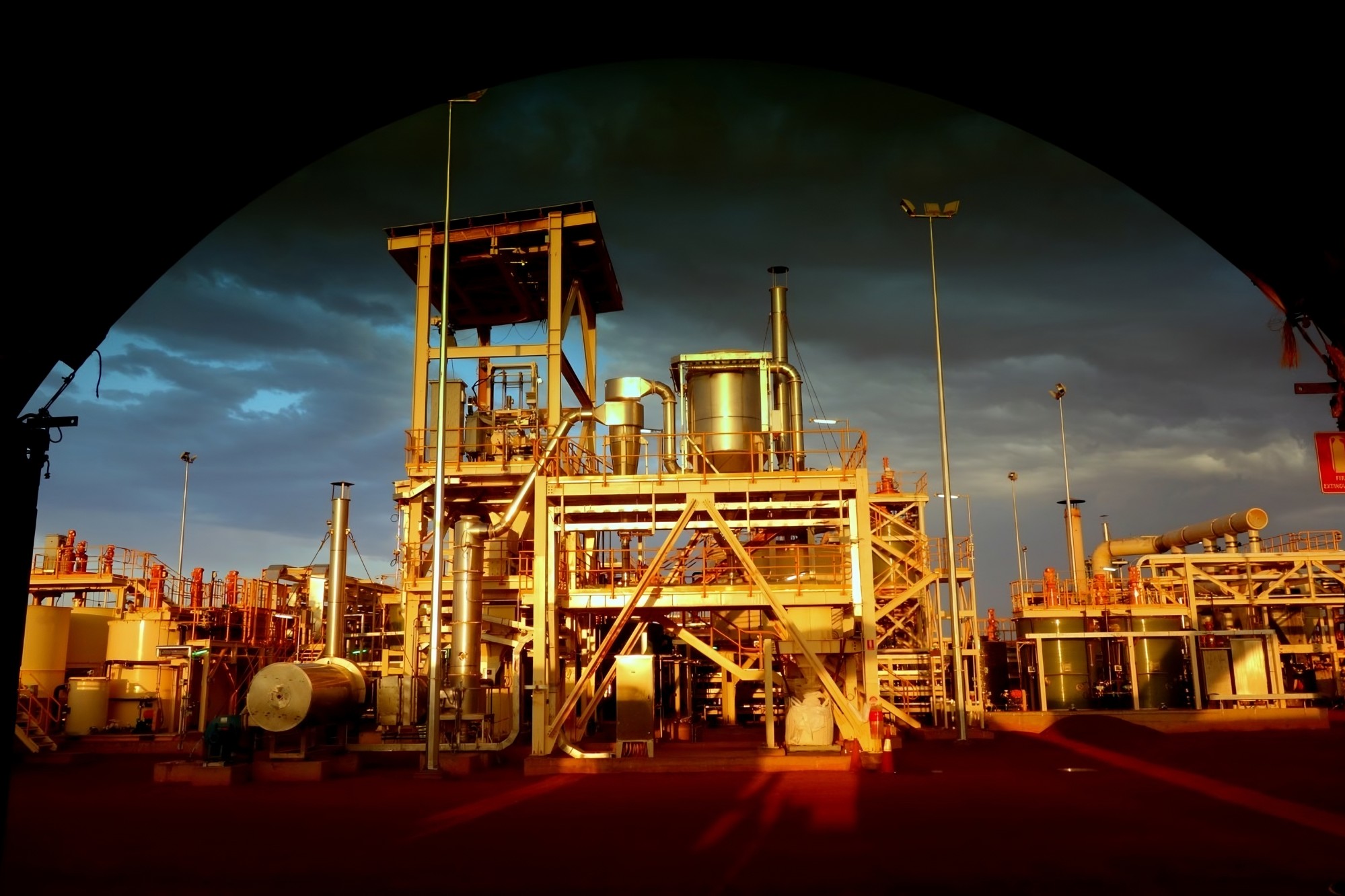Anonymous hackers on Tuesday leaked data stolen from an Australian rare earths mining company, just one day after Chinese shareholders were given a deadline to offload their stake in the business.
Northern Minerals is vying to challenge China’s overwhelming dominance of dysprosium production, a rare earth mineral that is used to make high-performance magnets used in electric vehicles.
The company said Tuesday it had “been the subject of a cybersecurity breach” – and that the stolen data had been “released on the dark web”.
The data had been swiped in late March, Northern Minerals told the Australian Stock Exchange, but was only now being leaked.
Australian Treasurer Jim Chalmers on Monday ordered five China-linked shareholders to sell off a combined 10 per cent stake in Northern Minerals, saying such foreign ownership was against Australia’s “national interest”.
About 24 hours later, hackers said they had stolen sensitive financial and personal data from the publicly listed company.
The hackers did not mention Chalmers’s decision to block Chinese shareholders, according to a screenshot shared on social media, and it was not immediately clear if the cyberattack was linked to that decision.
The hackers claimed to have stolen data on “potential projects” and “research of competitors”, according to the screenshot, which appeared to be authored by a group dubbed BianLian.

Australia’s intelligence agencies describe BianLian as a “ransomware developer” that targets “critical infrastructure sectors”.
The China-linked Yuxiao Fund had previously sought to up its stake in Northern Minerals, a move that drew the attention of Australia’s Foreign Investment Review Board.
Yuxiao Fund and four other associated shareholders were subsequently given 60 days to dispose of their interests in the company.
“The decision, based on advice from the Foreign Investment Review Board, is designed to protect our national interest and ensure compliance with our foreign investment framework,” Chalmers said in a statement.
Northern Minerals has the rights to a substantial dysprosium deposit found at Browns Range in Western Australia.
Almost 99 per cent of the world’s dysprosium is currently produced in China, according to the company.

